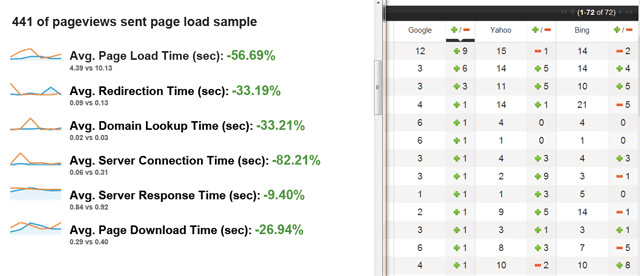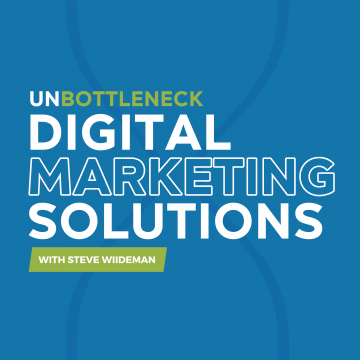A few weeks ago, we wrote a post entitled Content is Not King, explaining a pull-back from search engines such as Google from giving too much emphasis on external ranking signals like links and social media. For those of us who come from a grassroots SEO foundation, this change was extremely welcomed, and meant that website-level SEO was becoming increasingly important.
Enter Content Deliver Networks (CDN’s)
Rather than spend hours, days or even weeks optimizing style sheets, JavaScript files, images, and dealing with file compression, a CDN can be used to do all the grunt work in less than 15 minutes (depending on the platform you’re on). But that’s just the beginning.
Most websites are hosted on a typical web server, located in some far off region from where your visitors reside. In addition to doing all the compression and file minification work, CDN’s uproot your website and place a copy of it on servers all over the world, meaning your website is served from a nearby “cloud server” rather than having to “hop” all across the globe.
Who cares? Search engine users. It’s a fact that Google and other engines store data about searches performed, clicks (choices) made within search results and the percentage of users who return to the search results because they did not find what they were looking for or the first choice took long to load on their computer or mobile device. Not everyone is lucky enough to have a fast internet connection after all.
We tested this theory with a slow-loading ecommerce website in 2012. Below is the result after 2 weeks from the date we deployed a CDN.
The Down and Dirty with MaxCDN
The effects of using a CDN were nothing short of mind-blowing, so we called up our friends over at MaxCDN, the leading content delivery network at the moment, to get the inside scoop. Eric Myers took the bait and became our subject of interrogation. Watch the video below to learn how CDNs work form the provider perspective (disclaimer, the Eric’s audio was low, so you may need to crank yours up a decibel or more):
Website Performance Testing Tools
Not sure if you need a CDN to help you deliver your content more efficiently? Try one or all of the tools below. They are our personal favorites and provide some extremely useful insight. The first one is actually a tool provided by Google, which should be a good indication of the importance of page speed.
- Google PageSpeed Insights Tool
- WebPageTest.org – Take a look how this site performs on MaxCDN
- Think with Google Mobile Test
How do you feel about content delivery networks? Have you noticed a difference in ranking on natural search engine traffic after using one? Please share your feedback in the comments below.





